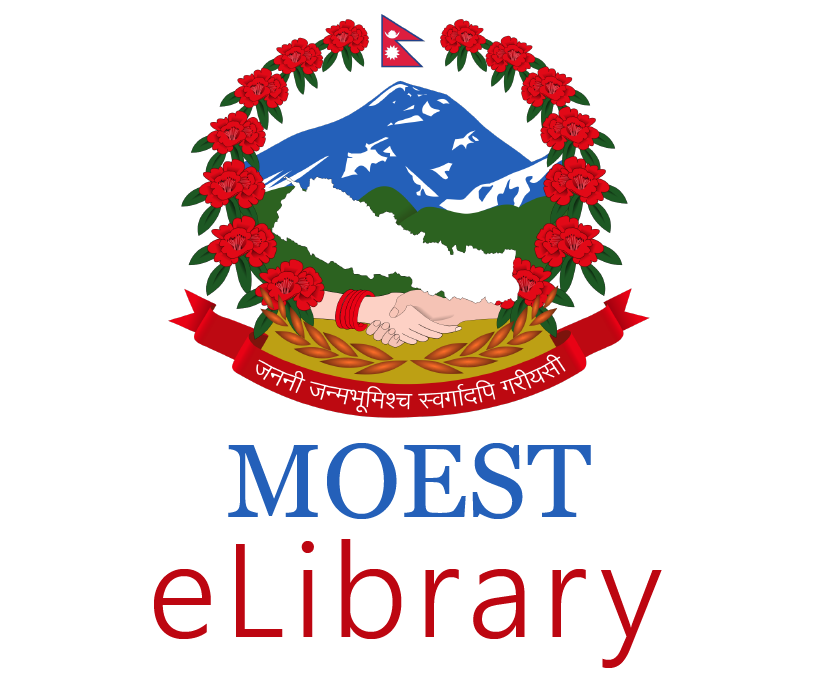Please use this identifier to cite or link to this item:
http://elibrary.moest.gov.np:8080/handle/123456789/343Full metadata record
| DC Field | Value | Language |
|---|---|---|
| dc.contributor.author | Khanal, Kul Prasad | - |
| dc.date.accessioned | 2025-05-17T02:59:11Z | - |
| dc.date.available | 2025-05-17T02:59:11Z | - |
| dc.date.issued | 2072 | - |
| dc.identifier.uri | http://elibrary.moest.gov.np:8080/handle/123456789/343 | - |
| dc.description.abstract | The unit of human body is conceptualized in various ways. From spiritual perspective, this unit is honored as ultimate reality, the 'Brahma'; physical scientists regard it as the 'Nucleus' and similarly, biologically this unit is described as the term commonly known as 'Cell' itself. This tiniest amount of mass, in this sense, is the representative of body as it carries all the characteristics of the entire body. This obviously indicates that this tiny but essential mass provides direction to the big mass-the body. Drawing this metaphor to leadership process, a cell, though it is very small in size and shape, infl uences and determines the direction of the followers. We fi nd several references of Brahma in the Upanishads that Brahma or Supreme Self is the most subtle entity and invisible form of energy as well. It symbolizes the unborn and the eternal energy of the Universe and is expressed in the form of syllable "OM". Leadership, in this way, is understood as an art of manipulating various cells (humans) for the benefi t of institutions and the individuals. To understand cell with reference to leadership process, this paper deals with the cell from the vantage point of Marx's hunger thesis, John Holt's fear thesis, Freud's sex thesis and Omkarbadi's Brahmand thesis, thereby leading to the synthesized complementary scheme for reform in leadership process in education. Methodology used was basically content analysis and interaction with educational personnel in-charge of educational leadership in Nepal. | en_US |
| dc.language.iso | en | en_US |
| dc.publisher | शैक्षिक जनशक्ति विकास केन्द्र | en_US |
| dc.relation.ispartofseries | Teacher Education; | - |
| dc.subject | Leadership | en_US |
| dc.subject | Marx's Hunger Thesis | en_US |
| dc.subject | Freud's Sex Thesis | en_US |
| dc.title | Understanding Cell from Different Perspectives and Its Implications for Leadership Process | en_US |
| dc.type | Article | en_US |
| Appears in Collections: | लेखहरु ( Articles) | |
Files in This Item:
| File | Description | Size | Format | |
|---|---|---|---|---|
| Understanding Cell from Different Perspectives and Its Implications for Leadership Process.pdf | 145.94 kB | Adobe PDF | View/Open |
Items in DSpace are protected by copyright, with all rights reserved, unless otherwise indicated.
